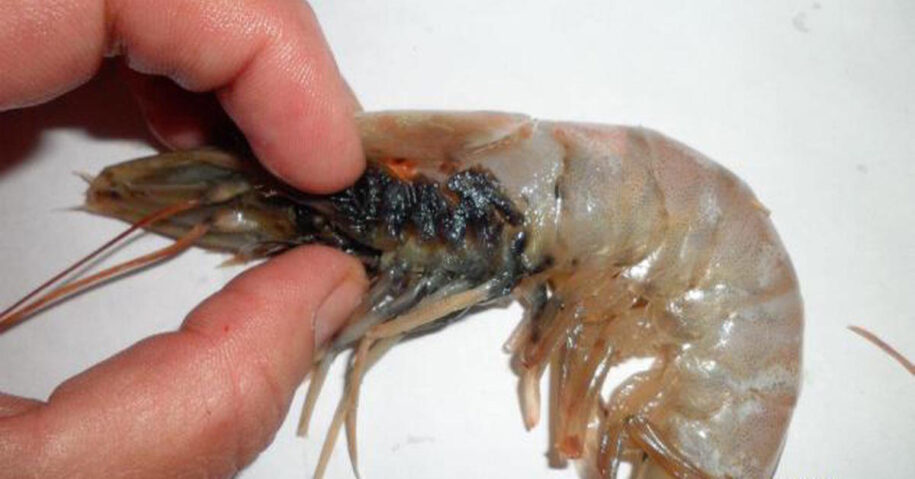Seafood Farmed In Asia Is Full Of Pig Feces And Antibiotics, Here’s How To Tell If Yours Is Safe
Shrimp when natural and untainted is extremely healthy. This is because shrimp are abundant in protein and low in fat.
You see, shrimp are generally loaded down with omega 3 fatty acids, vitamin D, And vitamin B12. Sadly though this has not been the case with many different kinds of shrimp sold throughout the United States. Many of these shrimp have been raised and harvested in a very different way.
One of the largest importers of shrimp in America is Vietnam. Annually with about one hundred million pounds of shrimp. This meaning literally eight percent of all shrimp consumed in the United States comes from Vietnam.
Shrimp being shipped to the United States has been increasing in numbers throughout the past twenty or so years. This is not good as it causes a major competition in the seafood market. This sort of situation has led some to reduce safety and health standards in order to keep up.
Researchers have found that as it turns out farmers who raise shrimp in Vietnam freeze it before it is exported to the United States. This would be all fine and dandy if the water were water that was safe for consumption. Yes, they are freezing these shrimp in water that is not safe for consumption.
Claims have been made that the water they use actually supports the development of bacteria and diseases. It seems this is not the only food we eat that is raised on low health regulated farms in Asia. The investigation has led to findings that a tilapia farm in Yangjiang, China actually uses feces from geese and pigs to feed their fish!
The feed the Chinese are using on these farms is often times contaminated with salmonella and things of the sort. Farmed shrimp has been found to have higher levels of dangerous bacteria along with lots of antibiotics. This is understandable given the condition these foods are produced in.
These animals are also crammed into tiny tight spaces throughout their whole lives which promotes the spread of disease. Actually, ninety-four percent of all imported shrimp in the United States comes from places like Vietnam, India, Indonesia, and Thailand. Given the condition of the food itself and how intense disease spread can come from this you would think we would cross them off of our list but for some reason we can’t. These countries are overusing antibiotics and definitely producing seafood products in unsafe and unsanitary conditions.
We should try our best to avoid these fish and seafoods. The only known way to do this is to either not eat seafood or only consume wild caught shellfish and fish. While the imported seafood might be cheaper it is definitely disgusting. The only way to tell if your seafood is safe is by ensuring it is not imported.


